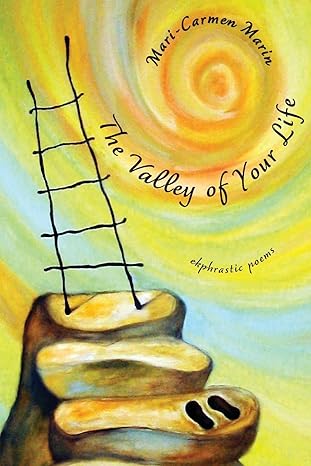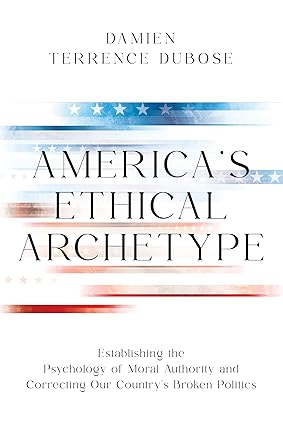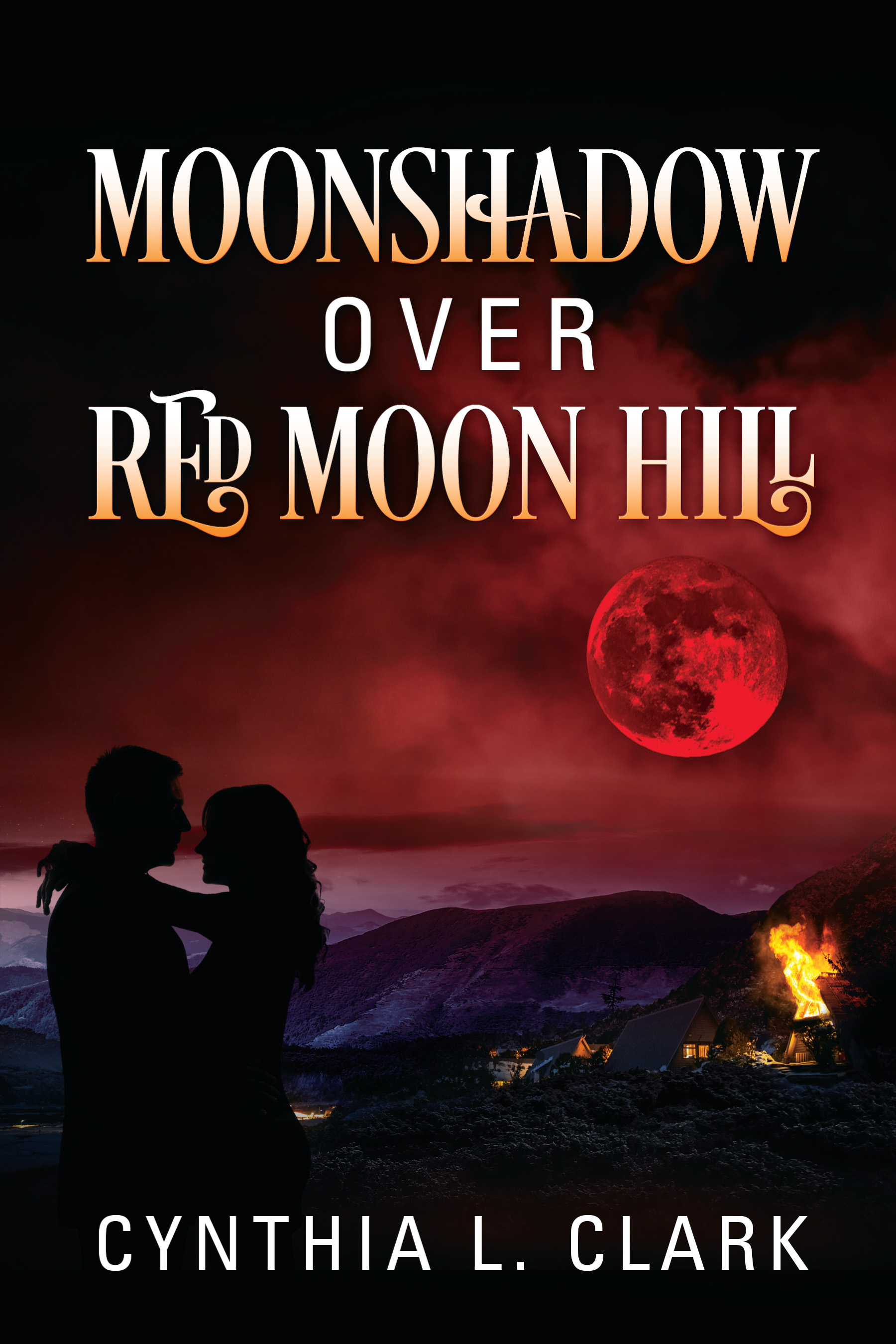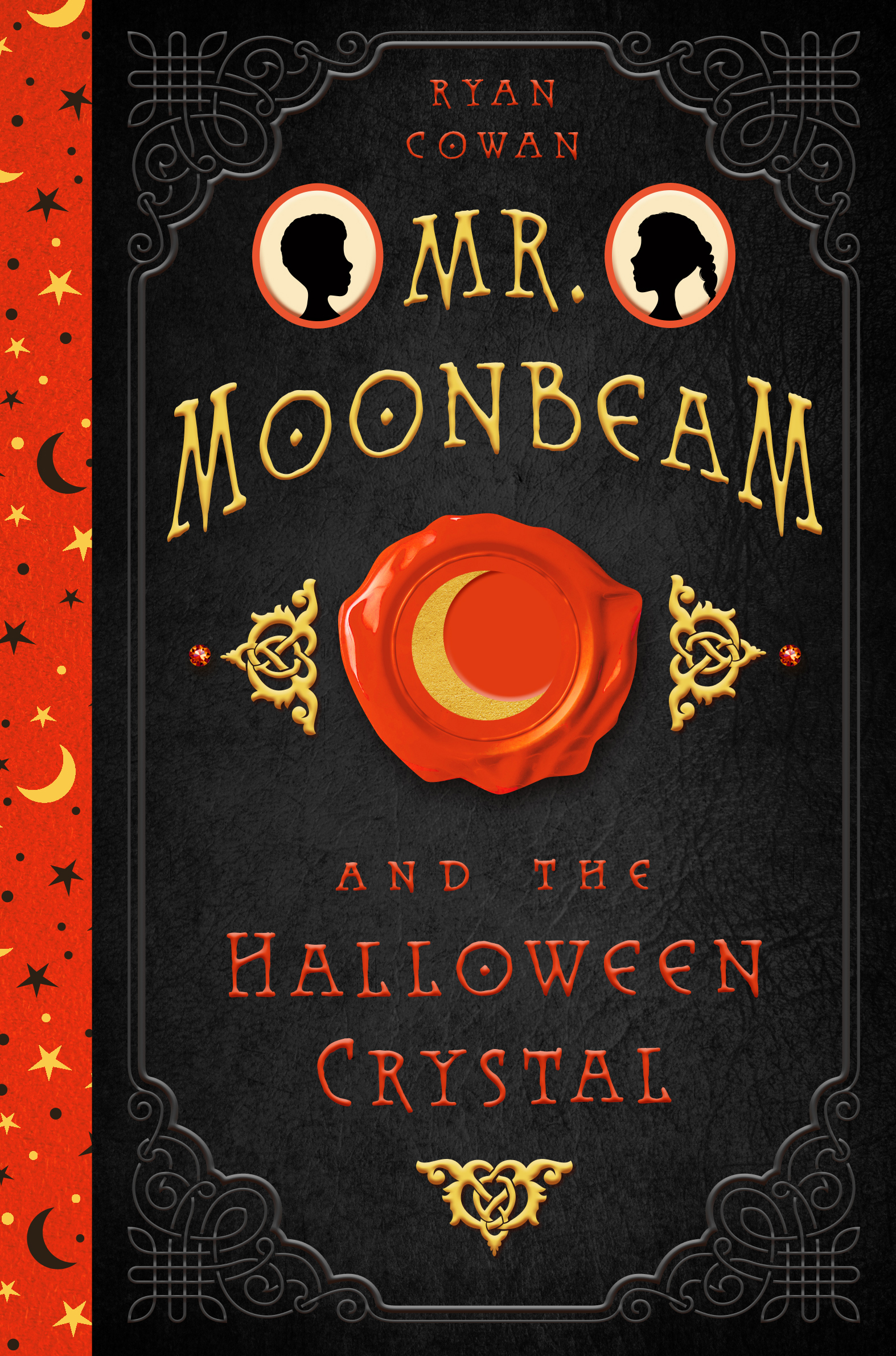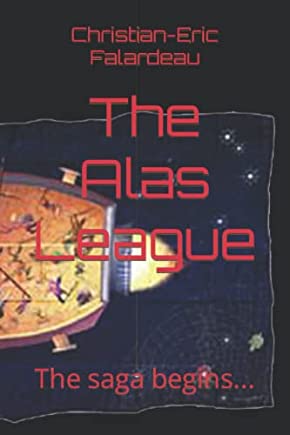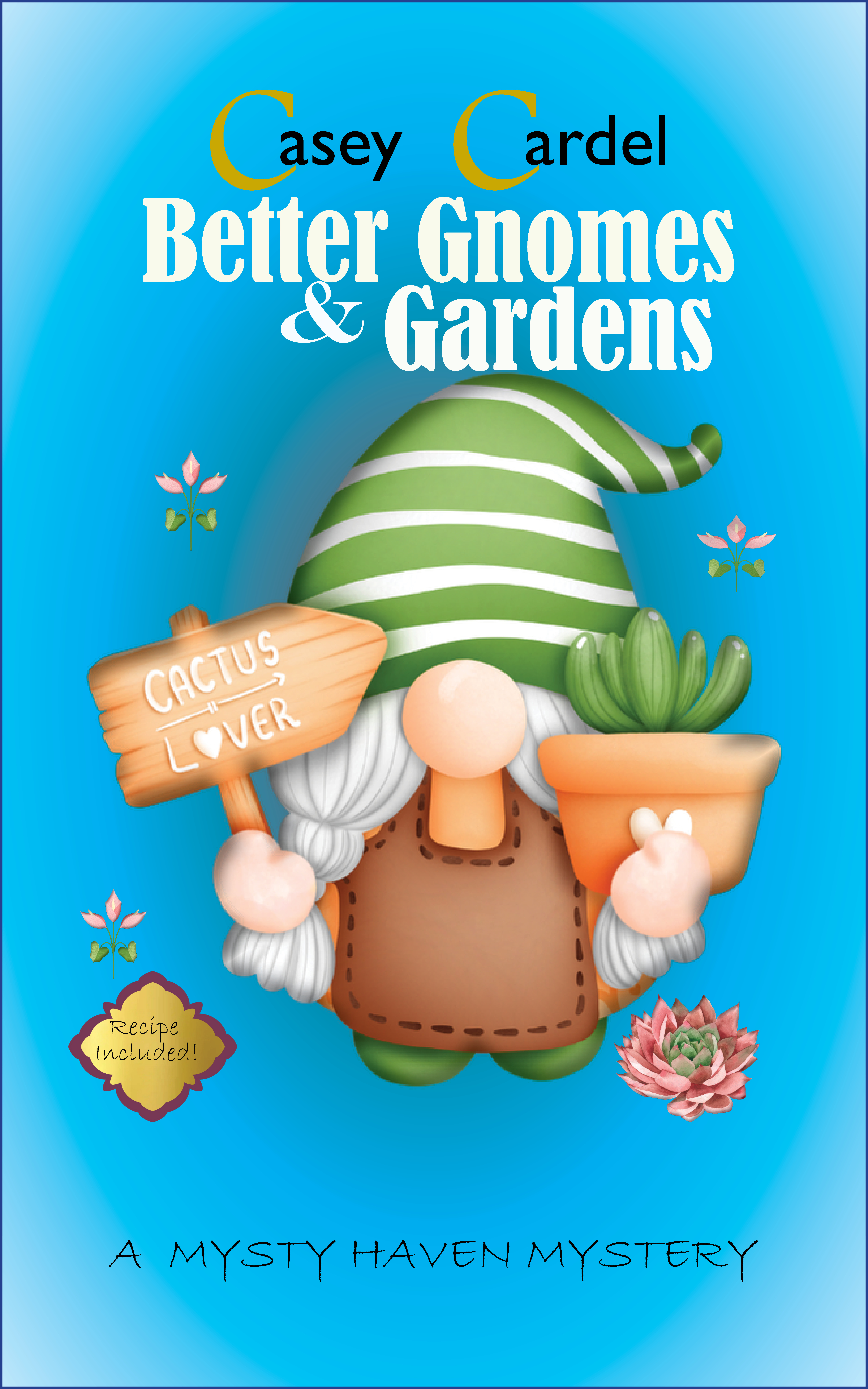The House on Constantinople
| Category: | Fiction - Time Travel |
|---|---|
| Author: | Howard Wetsman |
| Publisher: | Idea Breeder |
| Publication Date: | May 31, 2024 |
| Number of Pages: | 305 |
| ISBN-13: | 9798990624702 |
| ASIN: | B0D5VWYSYK |
Howard Wetsman’s The House on Constantinople, the first
volume of the Just In Time series, invites readers into a rich world of intrigue,
revenge, and philosophical contemplation against a turbulent historical period.
Central to the narrative is a young man cloaked in anger and aspiration,
navigating the treacherous waters of political machination in the waning years
of the Roman Empire. The prologue introduces a character whose existential
struggle is palpable—a man not seeking spiritual solace but biding time until
retribution can be delivered. Fueled by a thirst for vengeance against the
ruling family that stripped him of everything, he begins a quest for revenge.
He is unwittingly thrust into the 20th Century, an unfamiliar world.
As he navigates this strange era, he discovers the true meaning of power,
freedom, and destiny. Will he risk it all to reshape history if he chooses
revenge and a higher purpose?
The compelling characterization immediately draws readers into a world where personal vendettas intertwine with the burden of historical legacy. The author creates characters that are nuanced and elaborately explored. Joe Schwartz, a modern history professor in New Orleans, unexpectedly encounters Frank Roberts, a seemingly ordinary young man with an extraordinary secret: he is transported from another time. The relationship between the two is examined in a manner fraught with symbolism. Wetsman’s prose oscillates between the intimate and the grandiose, painting not just the internal landscape of his characters but also the external realities of a time marked by betrayal and bloodshed. We meet a young man vexed by his circumstances, trying to suppress rage to achieve his long-term goals. This internal conflict is underscored by philosophical musings borrowed from history and religion, specifically his reflections on Moses and the nature of faith—questions with resonance extending beyond the confines of historical fiction.
The dual narrative structure embracing both the ancient and modern
segments adds a layer of complexity. The intertwining of timelines is a
sophisticated narrative technique that forces readers to consider how the past
shapes the present and vice versa. Wetsman explores themes of identity,
lineage, and the cyclical nature of human conflict—all of which resonate deeply
throughout history. However, as engaging as Wetsman’s world-building is, the
emotional heft carried by the protagonist anchors the story. His longing for
revenge becomes a symbolic journey, transcending mere vengeance to explore the
broader human experience of loss, betrayal, and the quest for meaning. The
irony of a character who yearns for power yet feels powerless during his
formative years is a moving commentary on the struggles inherent in the human
condition. The House on
Constantinople is an intricate amalgam of history, philosophy, and personal
narrative, posing timeless questions about fate, choice, and the nature of
power. Wetsman is not merely chronicling events; he invites the reader to consider
the burdens of history and how they reverberate through individual lives,
making for a story that entertains and stimulates.
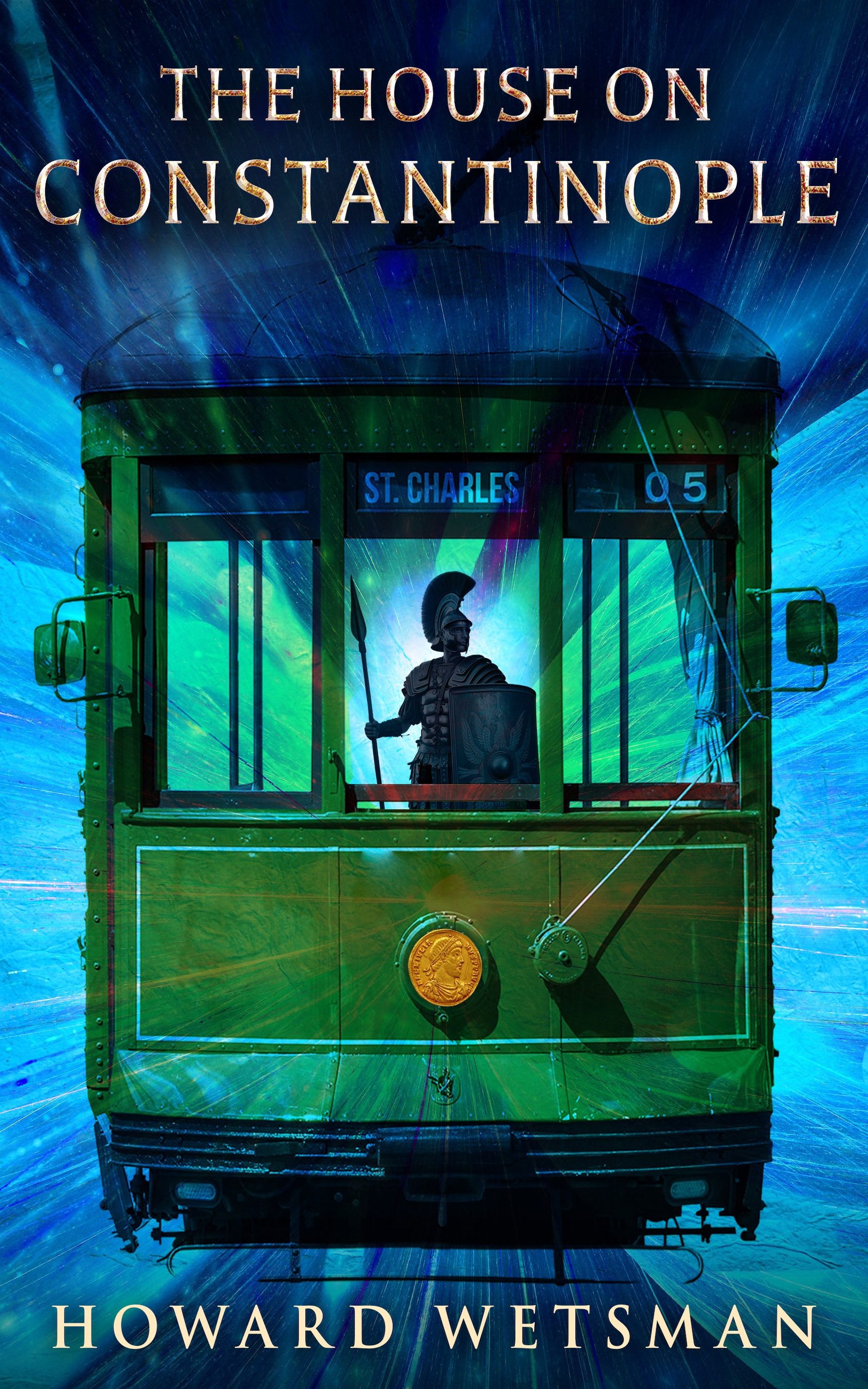




.jpg)



















